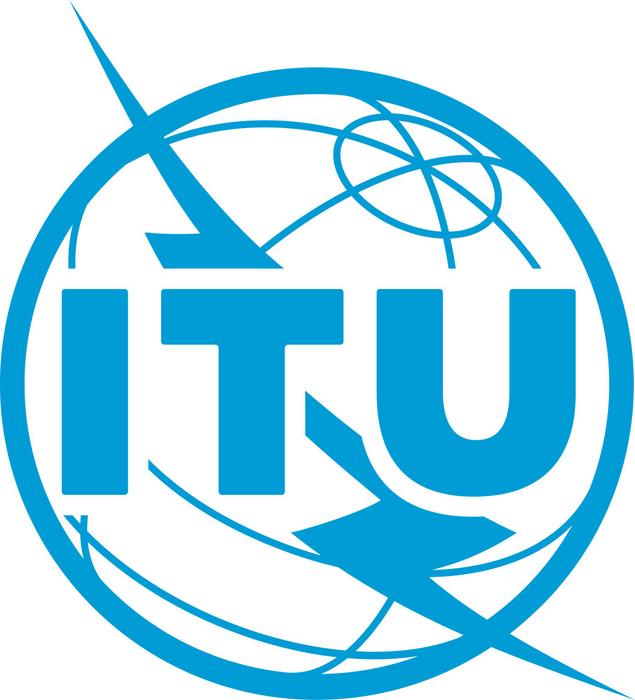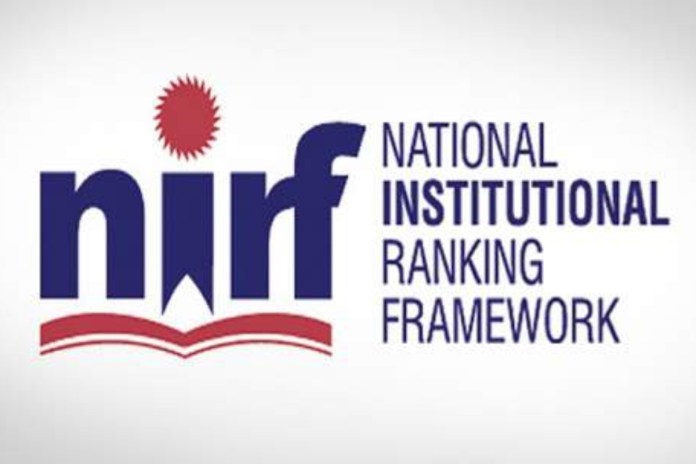A team of computer scientists from the University of Colorado Boulder, led by associate professor Daniel Acuña, has created an AI platform to detect “questionable” scientific journals, according to a study published on August 27 in Science Advances.
The tool addresses the rising issue of predatory journals, which Acuña frequently encounters through spam emails from alleged editors offering to publish his research for a fee, often without proper review.
Predatory journals exploit scientists, particularly in countries like China, India, and Iran, where pressure to publish is high. These publications charge hundreds or thousands of dollars to post papers online without rigorous peer review, undermining the credibility of scientific research.
Acuña compares the challenge of identifying these journals to a game of “whack-a-mole,” as new ones quickly replace those exposed, often operated by the same entities under different names.
The AI tool evaluates journals by analyzing their websites for red flags, such as poorly written content, lack of credible editorial boards, or vague peer review policies.
Trained on data from the Directory of Open Access Journals (DOAJ), which has flagged thousands of suspicious publications since 2003, the system screened nearly 15,200 open-access journals and initially identified over 1,400 as potentially problematic. Human experts reviewed a subset and found the AI mistakenly flagged about 350 legitimate journals, leaving over 1,000 still deemed questionable.
Acuña stresses that the tool is not flawless and should serve as a prescreening aid, with human experts making final judgments. Unlike opaque AI systems like ChatGPT, this platform is designed to be transparent, revealing why it flags certain journals. For instance, questionable journals often publish an unusually high volume of articles, feature authors with excessive affiliations, or cite their own work excessively.
While not yet publicly available, the researchers aim to share the tool with universities and publishers to act as a “firewall for science,” protecting research integrity. Acuña likens the need for such tools to software updates for smartphones, emphasizing that science, like technology, requires ongoing fixes to maintain its reliability.
“In science, you build on others’ work,” Acuña said. “If the foundation crumbles, everything collapses.” With trust in science under scrutiny, curbing predatory journals is more critical than ever.
- Based on Press release from University of Colorado at Boulder




